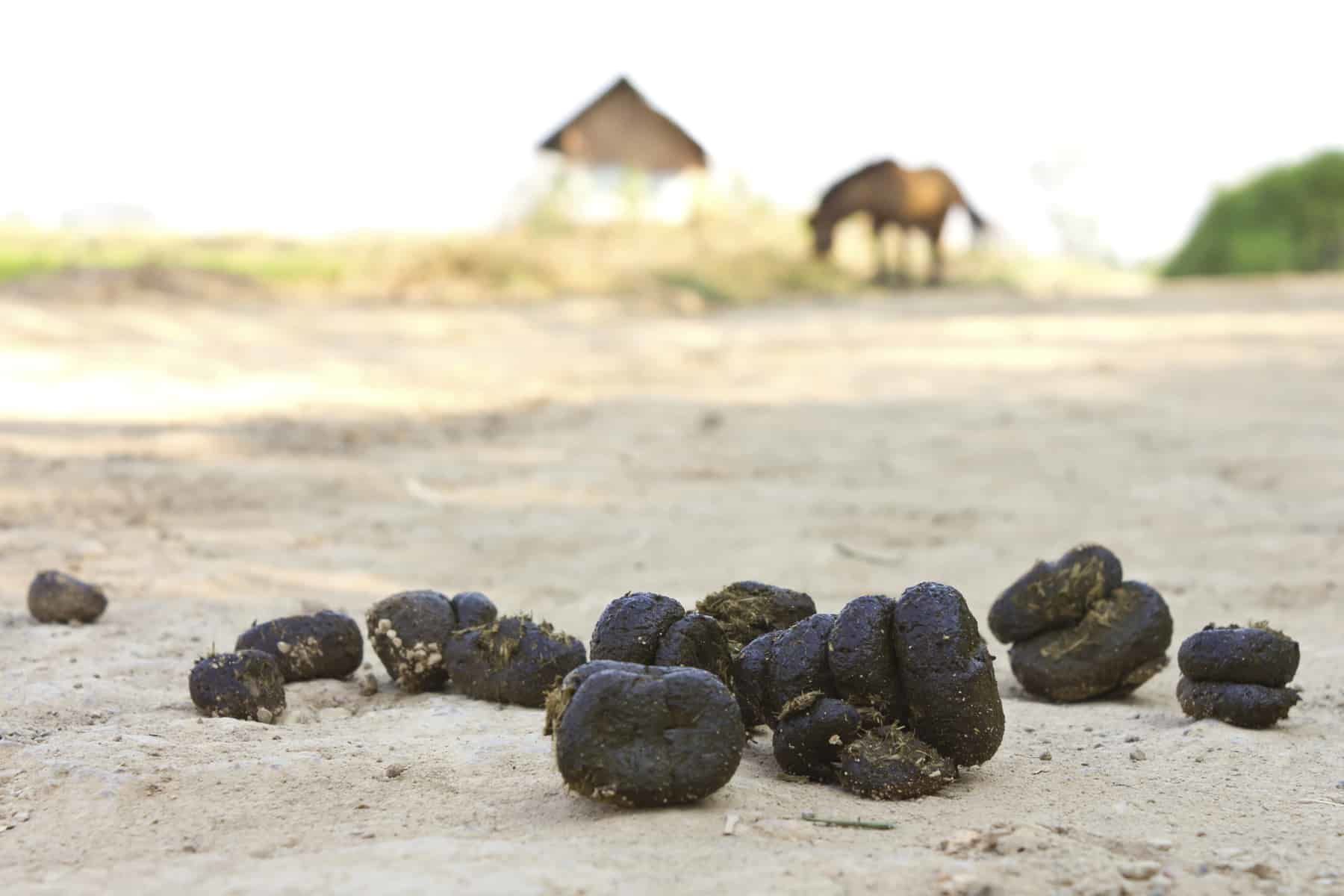As the days get warmer and the grass gets greener we need to start thinking about internal parasites and the impact on your horse’s wellbeing. Blanket worming, worming too regularly or with the wrong products can lead to issues with resistance and poor animal health.
What is a Faecal Egg Count, and Why Do We Do It?
A faecal egg count (FEC) is a simple, non-invasive test where a small sample of your animal’s manure is analysed under a microscope to detect the presence and number of worm eggs. It helps answer important questions like:
- Does your animal actually need worming right now?
- Is your current wormer working effectively?
- Are you helping to reduce worm resistance on your property?
By using FECs, we can make targeted decisions about worming, rather than overusing drenches and risking drug resistance, which is a growing issue in both horses and livestock.
How to Collect a Sample
Collecting a sample is easy:
- Choose a fresh sample: Ideally, collect manure that’s less than 12 hours old.
- Use gloves or a clean bag, Pick up a sample about the size of a golf ball (from multiple pats if you have a group of animals).
- Label it clearly: Include your name, the animal’s name or ID, and the date.
- Keep it cool: Place the sample in a clean ziplock bag or sealed container and store it in the fridge (not the freezer) if you can't bring it in right away.
- Drop it off to us promptly: The sooner we can analyse it, the more accurate the results will be!
Ask our team for a sample kit, we’re happy to guide you through the process.
Paddock Management Matters
Worm control isn’t just about treatments, smart pasture management plays a huge role in reducing parasite loads. Some tips include:
- Avoid overgrazing: Worm larvae live in the lower parts of the pasture, so try to keep grass longer where possible.
- Cross-graze with other species: For example, cattle and sheep don't share all the same worms, so rotating species can help break the lifecycle.
- Remove manure regularly: In horse paddocks, picking up droppings at least twice a week can drastically cut worm burdens.
- Rest paddocks: Allowing pasture to rest for several weeks in warm, dry weather gives time for larvae to die off.
Choosing the Right Worming Product
Not all wormers are created equal and not all animals need the same product at the same time. That’s where FEC results come in handy. We can recommend based off our findings whether your horse needs worming, and recheck their egg count 4-6 weeks after to make sure the product is working.
For more information or to submit your samples please call us on 07 4982 2552.




